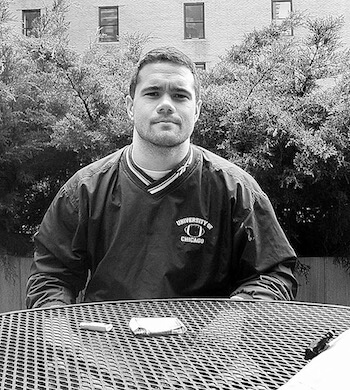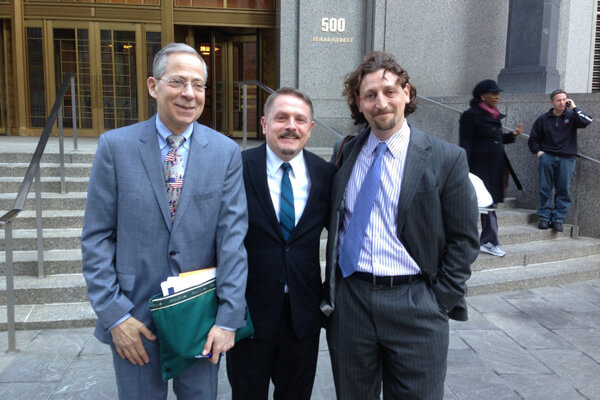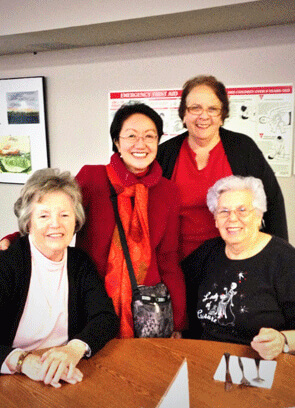State Senator Brad Hoylman. | DONNA ACETO
Imagine if you had to live in New York City on $12 a day. What could you do without?
On top of that, what if you had a serious medical condition that required out-of-pocket costs for treatment? How would you choose between medical expenses, like co-pays and over-the-counter drugs, and other basic needs, like food, clothing, and transportation?
This is the decision for some 10,000 permanently disabled, low-income New Yorkers living with HIV/ AIDS. Because of a loophole in state law, the New York City HIV/ AIDS Services Administration’s (HASA) rental assistance program doesn’t cap rent contribution at 30 percent of participants’ income, unlike every other low-income housing program in New York State. This means that people with HIV/AIDS end up paying upwards of 70 percent of their monthly fixed income on rent. They’re only allowed to keep about $12 a day for all of their other expenses. Inevitably, these chronically ill New Yorkers must choose between paying their rent and satisfying other essential needs.
The time for State Senate action is now
I’ve introduced legislation (S.3022) that would close this loophole and bring HASA into line with other rental assistance programs in the state. Not only is this the fair and equitable thing to do for low income New Yorkers living with HIV/AIDS, but it makes economic sense, too. A recent report by the Urban Justice Center and the advocacy organization VOCAL-NY quantifies the severe rent burden for low-income people living with HIV/ AIDS under HASA’s rental assistance program, which is supposed to promote stable housing and better health. Instead, the report shows, more than half of HASA housing clients are in a constant threat of homelessness since they don’t have money to pay for their rent. In addition, it found that, of all respondents who had lost their homes and were living in shelters:
Approximately half were not able to afford food or transportation before their evictions.
More than two-thirds said it has been harder to maintain strict treatment adherence and proper nutrition since becoming homeless.
More than half had visited emergency rooms in the same period.
The bill’s opponents, most prominent among them Mayor Michael Bloomberg, have argued against its enactment because of the cost of providing additional rental assistance, which would be split between the city and the state. However, the new report adds to the body of evidence, including a 2009 cost analysis by Schubert Botein Policy Associates, suggesting that a 30 percent rent cap for those in HASA’s rental assistance program would have a net positive impact on the city and state budgets. Specifically, the report predicted $19 million in cost savings from prevented evictions — more than outweighing the estimated $16 million cost of the 30 percent rent cap.
At a recent press conference announcing the report, a HASA client, Wanda Hernandez, shared her challenges living in New York City on $12 a day. She explained that it is hard enough for her to cover ordinary expenses like food, toiletries, and electricity on such a tight budget, let alone pay for unexpected expenses like replacing a recently broken cell phone. She said she is sometimes unable to get to medical appointments because she can’t afford the Metrocard. Her lights had been turned off by Con Ed and she faced an upcoming hearing about possible eviction, which could send her into unsafe and much more expensive emergency shelter.
As the Urban Justice Center/ VOCAL-NY report shows, making New Yorkers like Wanda live on $12 a day isn’t only cruel and immoral. It doesn’t make economic sense, either. Let’s give low income people with HIV/ AIDS the dignity they deserve by investing in their housing stability through a 30 percent rent cap. In the long-term, we’ll all be better off.
The State Legislature must act before session ends on June 20.
State Senator Brad Hoylman represents the 27th District that runs from Greenwich Village to the Upper West Side.



































